I’m one of the Silent People who sit on the sidelines of the great political events and debates of the present. We Silent People don’t sign on-line petitions or go on protests to show solidarity with this group or that one. We don’t tweet our outrage, or blog our bile. We prefer to keep what we think to ourselves. When a verbal punch-up erupts over Gaza or trans rights at a dinner party, I stay silent and wonder what’s for pudding.
The thing we Silent People are most silent about is our silence. It’s easy to see why: these days the silent are suspect. After all, we live in an apocalyptic time where there’s so much at stake – the future of the Middle East, the future of free speech, the future of democracy, the future of the planet, the future of the future – that silence is not an option.
Nobody likes Silent People. Even centrist dads look down on us. The only thing the right and left agree on is that the silent are insufferable and should be ashamed of themselves. The left can’t understand how we can be silent in the face of “genocide” in Gaza; the right can’t understand how we can be silent in the face of the existential threat posed by Islam and mass immigration.
You can trace a neat line from “the only thing necessary for the triumph of evil is for good men to do nothing,” often attributed to Edmund Burke, to the London Guardian’s Owen Jones who claims that: “Many of the silent undoubtedly feel guilt, and they should. Through their cowardice, they have played a pivotal role in normalizing some of the worst barbarism of the 21st century.”
The vast majority of people in this country are silent in the sense that they are not engaged in some sort of political activism. Yes, if asked by pollsters what they think of this or that event in the news, they will happily give an opinion. But for the most part they are just busy getting on with their lives. And they’re not bad people for doing so.
If silence makes one complicit in evil or barbarism, does that mean most people in this country have blood on their hands? Of course not. Such an argument assumes that without silence, evil and barbarism wouldn’t be able to flourish. In fact, it does very nicely with silence or in the face of mass protest.
I’m not proud of being one of the Silent People. But I want to challenge the idea that our silence is – as our critics claim – rooted in cowardice, apathy or indifference to the pain of others. We do not lack empathy or understanding. We watch what is happening – in Gaza, Myanmar, Sudan, the Congo – with the same amount of horror as any activist. So why do we remain silent?
Because so much protest in the age of social media is just noise, theatre and virtue-signalling. Digital activism is the fomo of politics. It’s not about the rights and wrongs of issues and actually trying to resolve the great conflicts of our time, and everything to do with identity politics and tribal affiliations. In taking positions at dinner parties, we are presenting who we are.
Our political discourse has become so adversarial there’s no longer any point in exchanging opinions with the person sitting next to you. The days in which debates or conversations were conducted to inform and expand minds are over. I hate to break it to the eloquent champions of this cause or that – no one is interested in what you think, unless you think what they think. They want to know if the person they are talking to is “one of us” – the right-thinking people on the right side of history. Are you defending the West or are you some sort of soppy centrist?
The thing we Silent People are most silent about is our silence. It’s easy to see why: the silent are suspect
So I refuse to talk about Gaza, because what’s the point? Yes, I could strut my opinions across the social landscape and maybe score a point or two, but so what? Minds are never really changed and understanding on conflicts is never deepened.
What about protests? Shouldn’t I be out on the streets shouting this and that, waving placards of denunciation and flags signalling my solidarity? I understand why many do. By definition political activists need to be active. They need to exercise their moral muscle; their conscience demands a cardio workout. They protest because you have to do something, right?
But because you do something, it doesn’t follow that something gets done. Yes, you feel better for having done your bit, but the people on whose behalf you are protesting don’t feel better. They’re still caught up in the nightmare of history.
If we all stopped being silent and took to the streets to protest, surely that would cause a change? I doubt it. Nothing illustrates the futility of demonstrations as that day in February 2003 when millions of people in cities around the world went out on to the streets to protest the impending war against Iraq. According to the Guinness Book of Records, it was the largest protest in human history and the largest in British history with an estimated 1.5 to two million people. And we all know what happened next.
So far the record on protests over Gaza have been mixed. Online estimates suggest there have been as many as 15,000 individual pro-Palestinian protests worldwide since October 2023, spanning 90 countries. In Britain protests have caused a change in public opinion but have not changed the government’s policy. So much for the power of the mass demonstrations.
This is not a plea for everyone to stay at home and shut up about politics. That’s undesirable and is never going to happen anyway. Instead of pointing the finger at the silent, pundits and protestors might want to consider the limits of their own position.



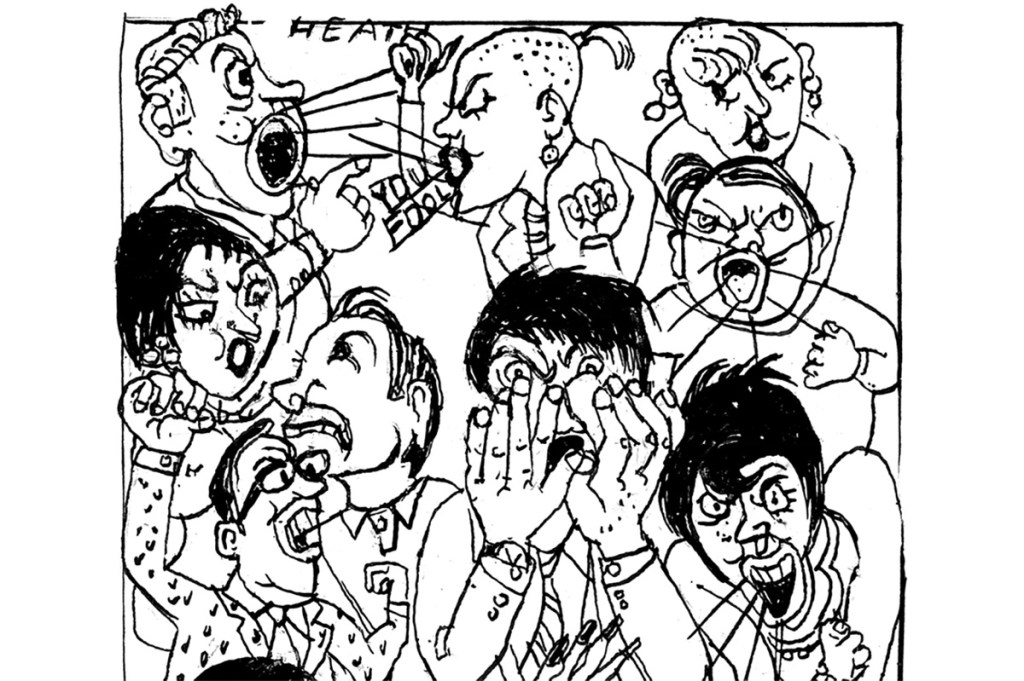






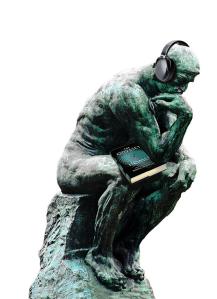
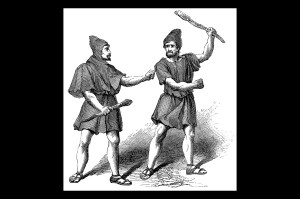
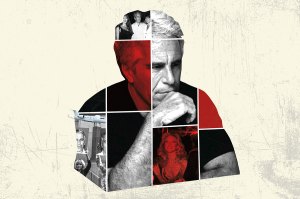
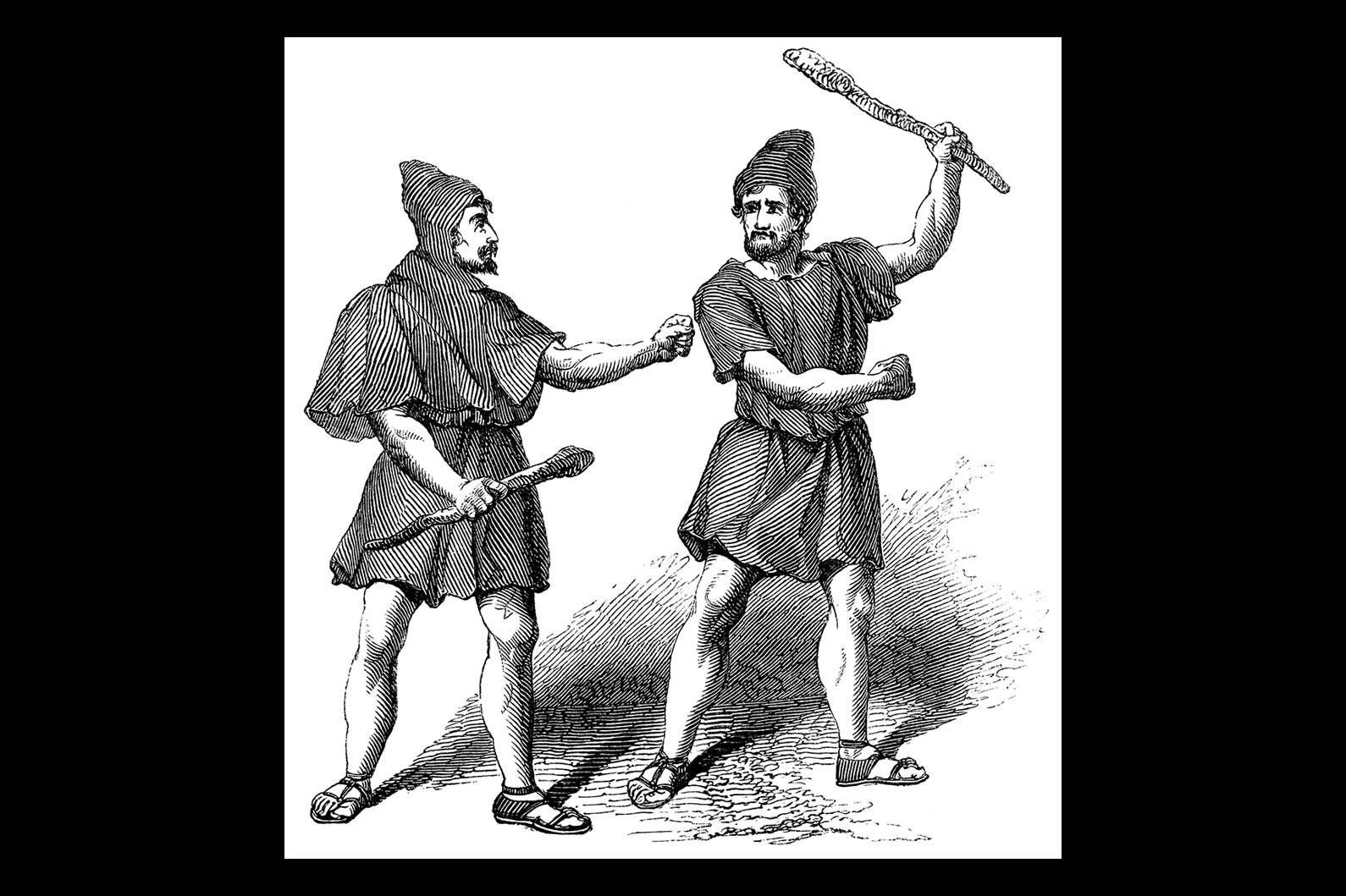
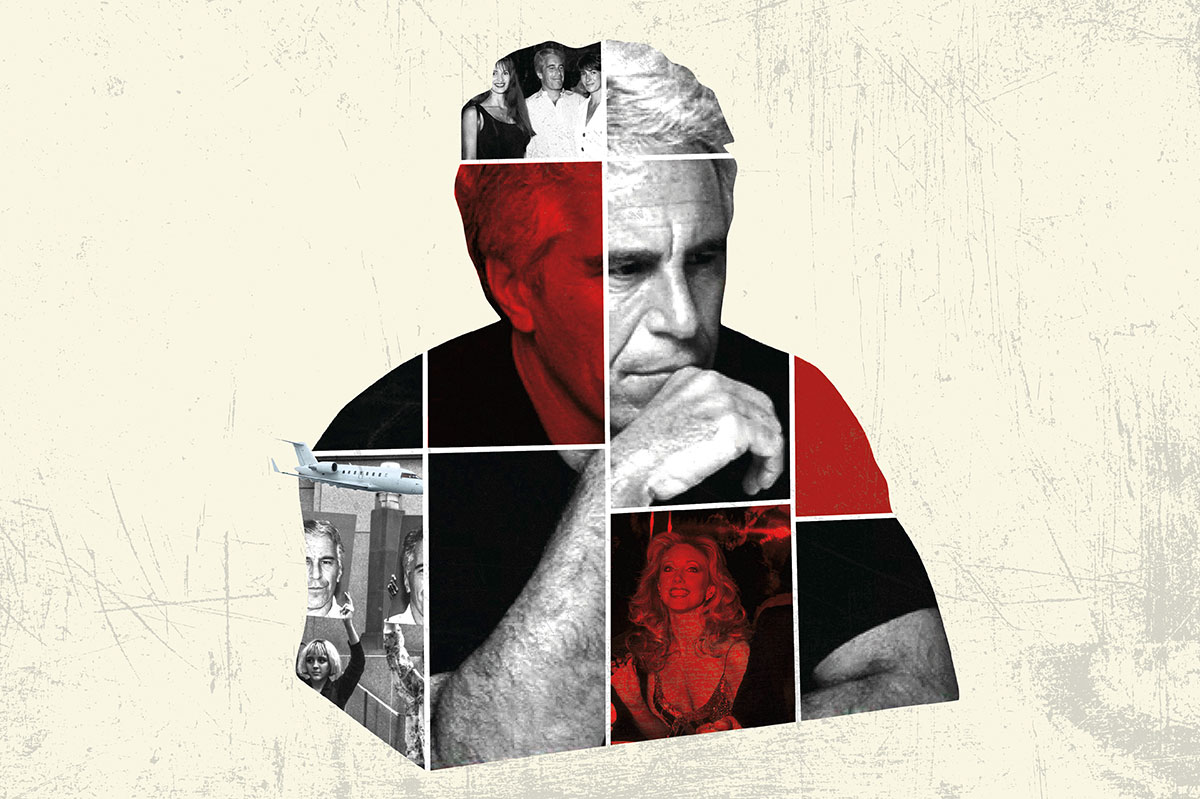
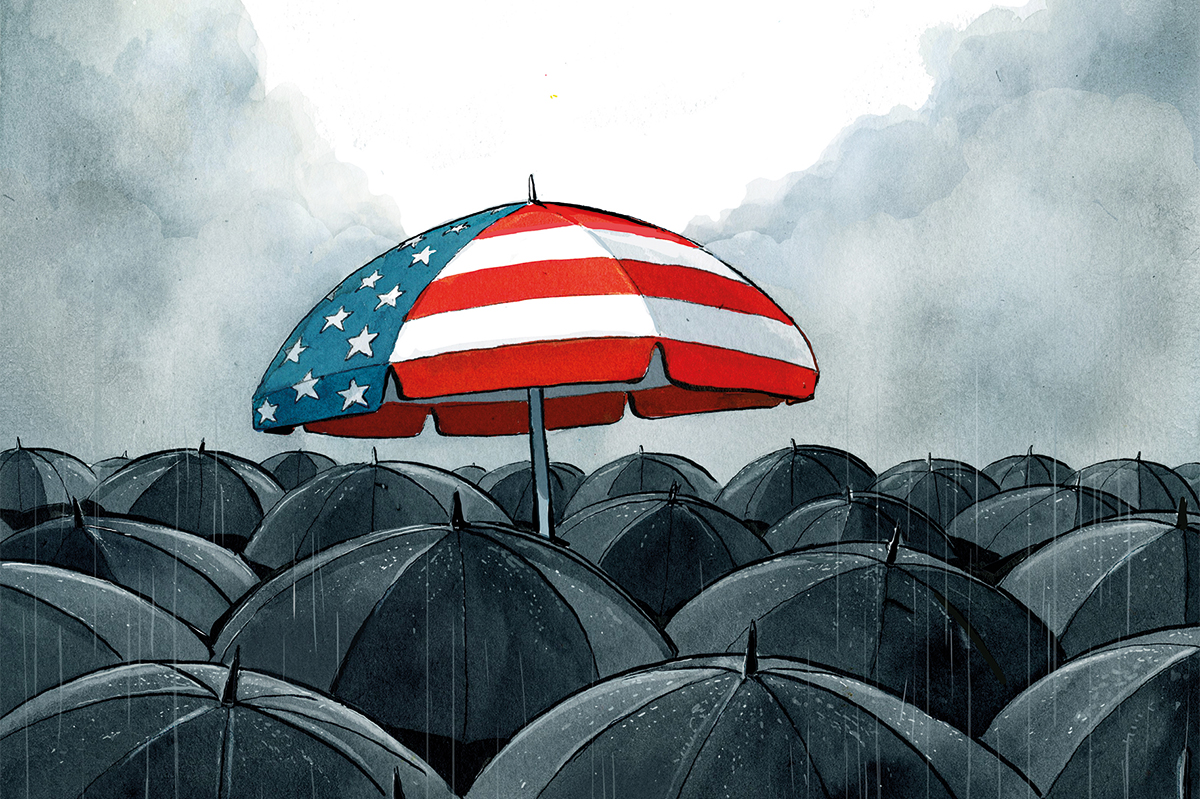
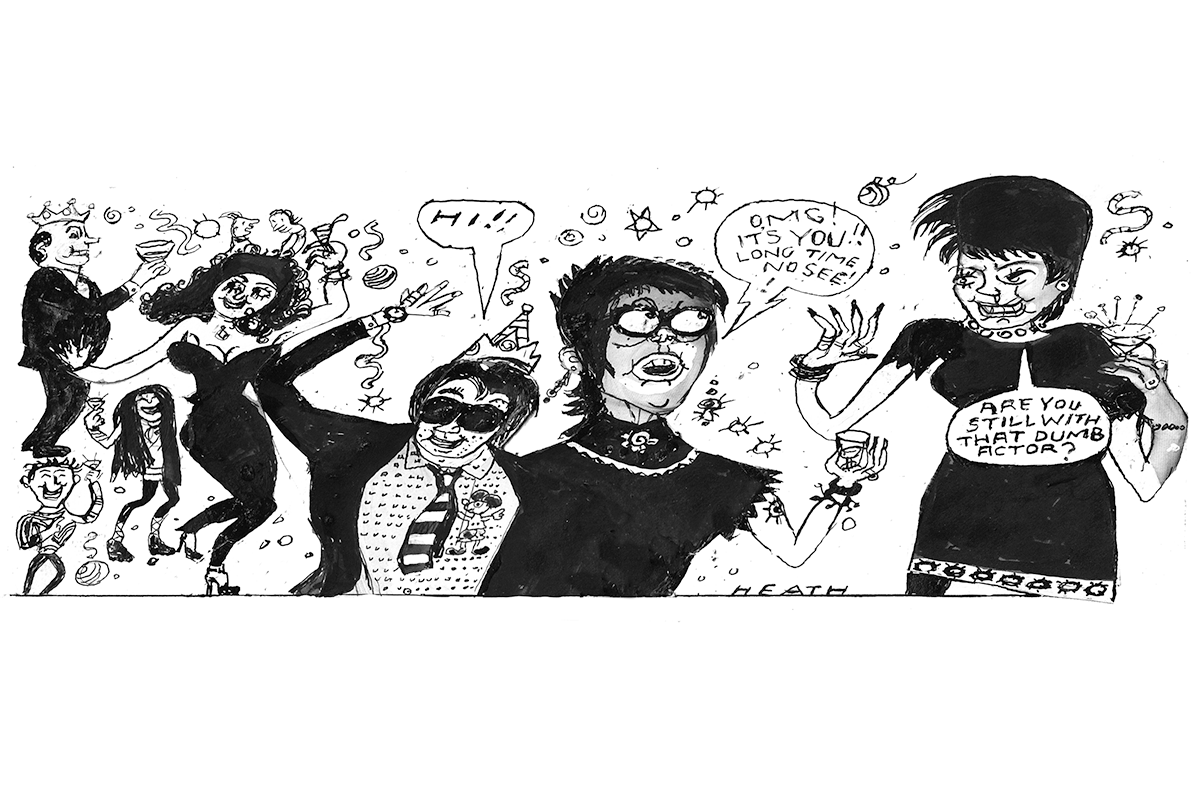
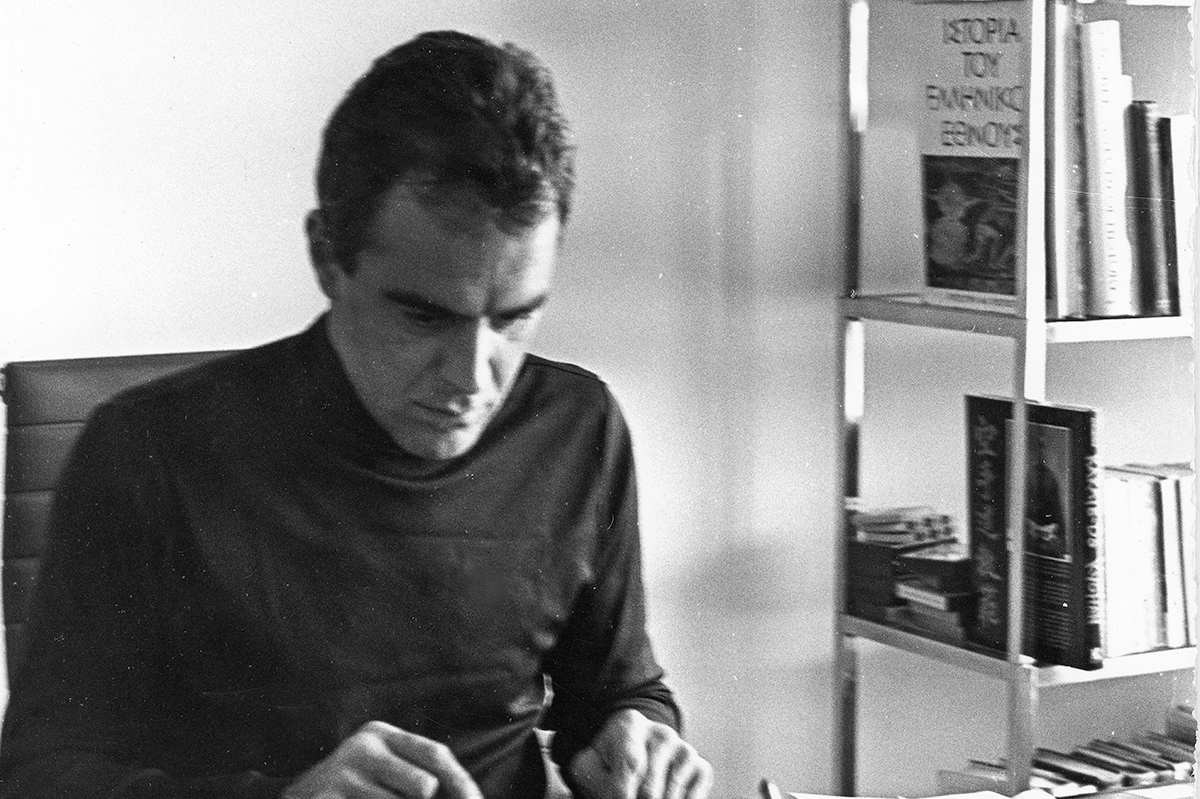








Leave a Reply